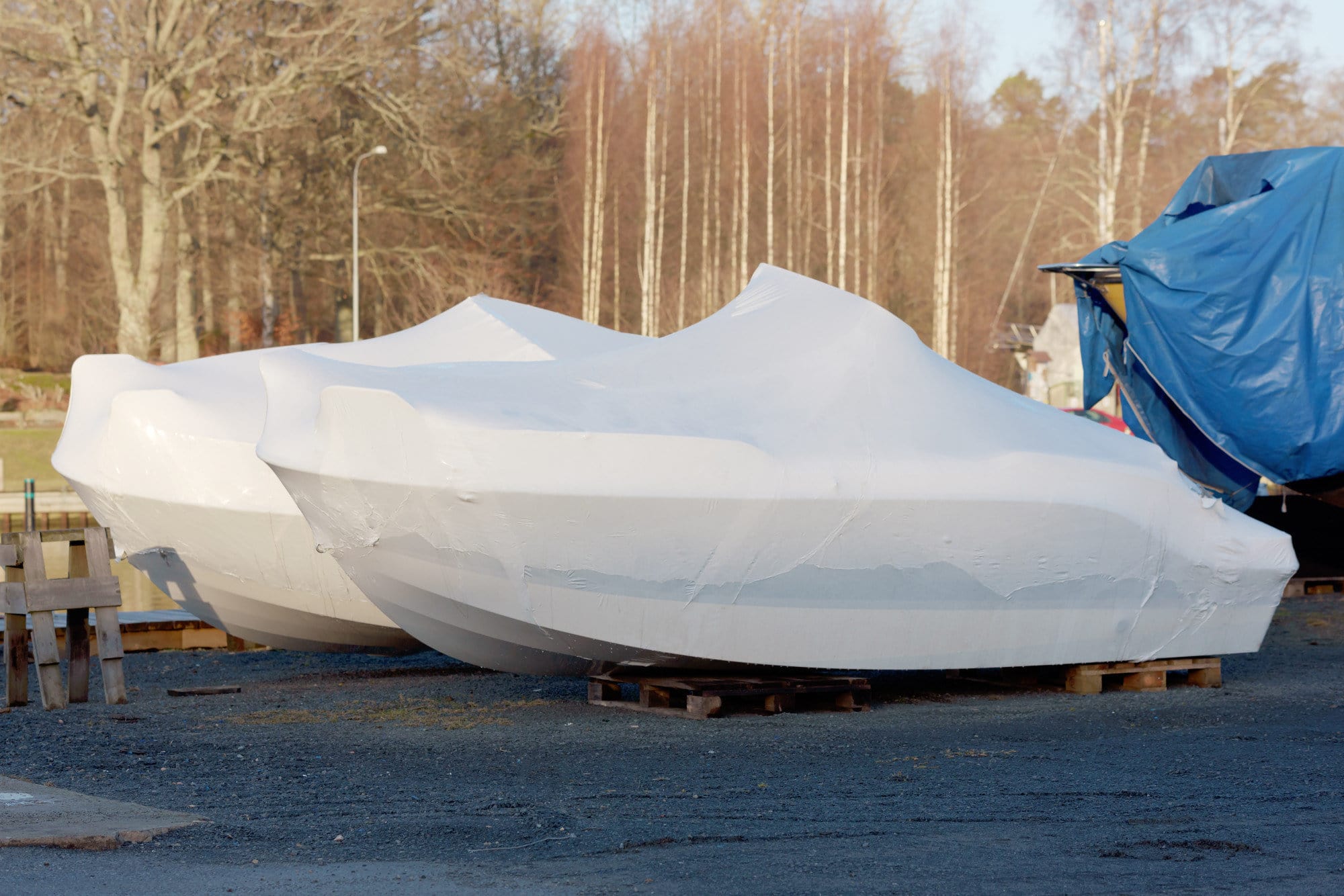In colder regions, you cannot leave your boat at the dock as you do throughout the season. Depending on the craft, it should last you between 10 and 20 years.
But you must take proper care of it to protect your investment, so it lives out the full extent of its shelf life. Read on to learn how to winterize a boat properly so that you can enjoy it for years to come!
A Full Detail
After a full season of boating, your craft may appear extremely utilized. Inside you may find the residue of spilled drinks and dirty sandals.
The outside of your boat may wear proof of weedy waterways and mucky splashes. Consider full boat detailing to properly care for your craft.
If you let the boat sit in even minor filth through the winter, it will settle and make everything seem dingy. Cleaning a boat keeps it looking new and removes contaminants that could cause corrosion.
Ceramic Coating
During the winter, your boat will endure freezing temperatures. This can crack paint and invite other types of elemental damage.
Before your first winter, get a ceramic coating applied to the boat. Each subsequent winter, get ceramic touch-ups.
This coating will protect it not only from the cold but also from other elemental damage during the boating season. This will increase the longevity of the craft in terms of both appearance and usage.
System Drainage
System drainage is crucial for winterizing your boat so that the freshwater does not freeze, expand, and cause significant internal damage. The type of system drainage you perform will depend on your engine type.
With an outboard engine, you must change the oil. Then you need to run fogging fluid through the system. Or you could also run warm water through it weekly if you have constant access to it during storage.
For an offboard engine, drain the pink antifreeze into a bucket. Then, drain all of the water and then run antifreeze through the system.
Stabilize Fuel
When you winterize your boat, it sits for an extended period of time. This can lead to issues with fuel left in the craft.
The octane naturally breaks down over time. Low octane running through the engine can lead to uneven combustion when you use it again, which can damage the engine.
Gasoline that contains ethanol can absorb water from the air. This will affect the way your engine works when you put your boat back on the water.
Cover
When you store your boat for the winter, low temps, high winds, and snow moisture can all damage both the interior and exterior. Covering your boat helps prevent this from happening.
A good cover also keeps rodents and other pests from keeping warm in your craft and destroying it. The cover should fit snugly but not too tight, or else it can damage the exterior of your boat.
Winterize a Boat Properly So It Lasts
Storing your boat properly for the winter must take priority. If you fail to winterize a boat properly, then you may be left with expensive damage and lose years of usage. Winterizing should focus both on maintaining aesthetics and the interworkings of your watercraft.
We want to help you with the details! Get your quote today!

